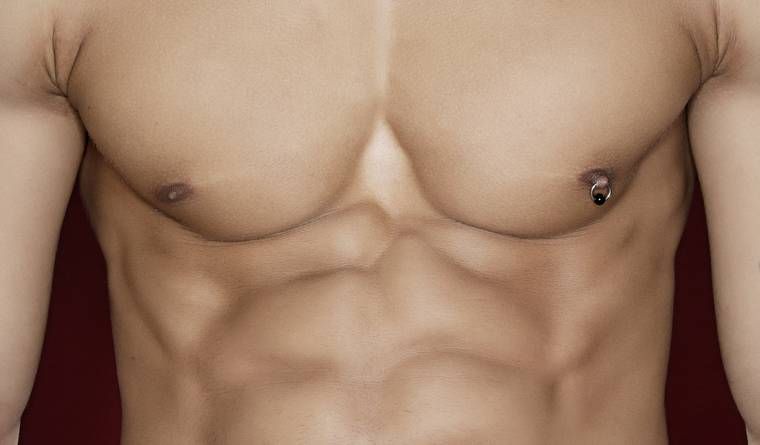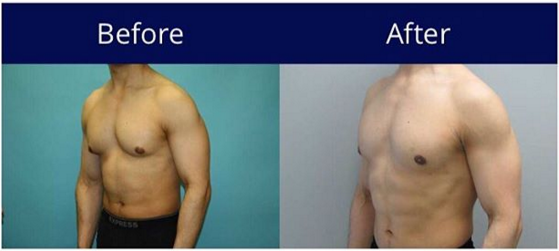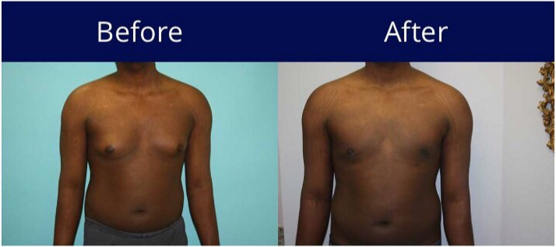- Joined
- Jan 25, 2014
- Messages
- 11,992
- Reaction score
- 1,413
- Points
- 159
Men Now Account For 40% of Breast Reductions — Here's the Inside Scoop on Why
Yahoo! News/Mic com | March 15, 2016

Interesting
Yahoo! News/Mic com | March 15, 2016

In February the American Society of Plastic Surgeons released its national statistics for 2015. Among the findings: Doctors performed 6.7 million Botox procedures, and buttock implants were the fastest-growing type of cosmetic surgery.
But one major statistic stood out: Male breast reductions accounted for more than 40% of all breast reduction surgeries. That's nearly 27,500 of the total reported 68,106 procedures — a 35% growth since 2000.
Blame our superficial culture, blame the internet, blame too many photos of Zac Efron shirtless — one thing is for sure: Men are becoming more and more aware of their bodies, and, like some women, their self-esteem is increasingly and more deeply tied to their appearance.

"It's actually not that hard an operation, it's not very risky, the scars are not noticeable and men are becoming aware that they can treat this problem," Dr. Michael Salzhauer, a Miami-based plastic surgeon better known as Dr. Miami, told Mic. "The stigma of plastic surgery is slowly but surely shaving away."
What is it exactly? Plastic surgeons call it gynecomastia — a swelling of the breast tissue in men or boys. The causes vary. It can be linked to being overweight or losing a drastic amount of weight. It also commonly can be the result of hormonal changes that show up in adolescence. In some cases, it's a side effect of medicines that change testosterone levels, including prostate cancer medication (and, of course, steroids). Studies on animals have also linked it to marijuana.
Gynecomastia is a cosmetic issue like droopy eyelids or sagging breasts. Though an uptick in the number of surgeries may partly be the result of increased population or high obesity rates, this statistic is a sign of something more culturally significant: Men aren't just more conscious of their bodies; they're willing to do something about it.
ASPS president David H. Song has operated on obese men, older men, former body builders, a father and son who both had male breasts and younger men who developed gynecomastia in puberty. "A lot of them are compensating, working out excessively hoping this can go away. But it's not associated to muscle-building. It's tied very closely to self-esteem and images. It changes their lives," Song told Mic.

SOURCE
Interesting
